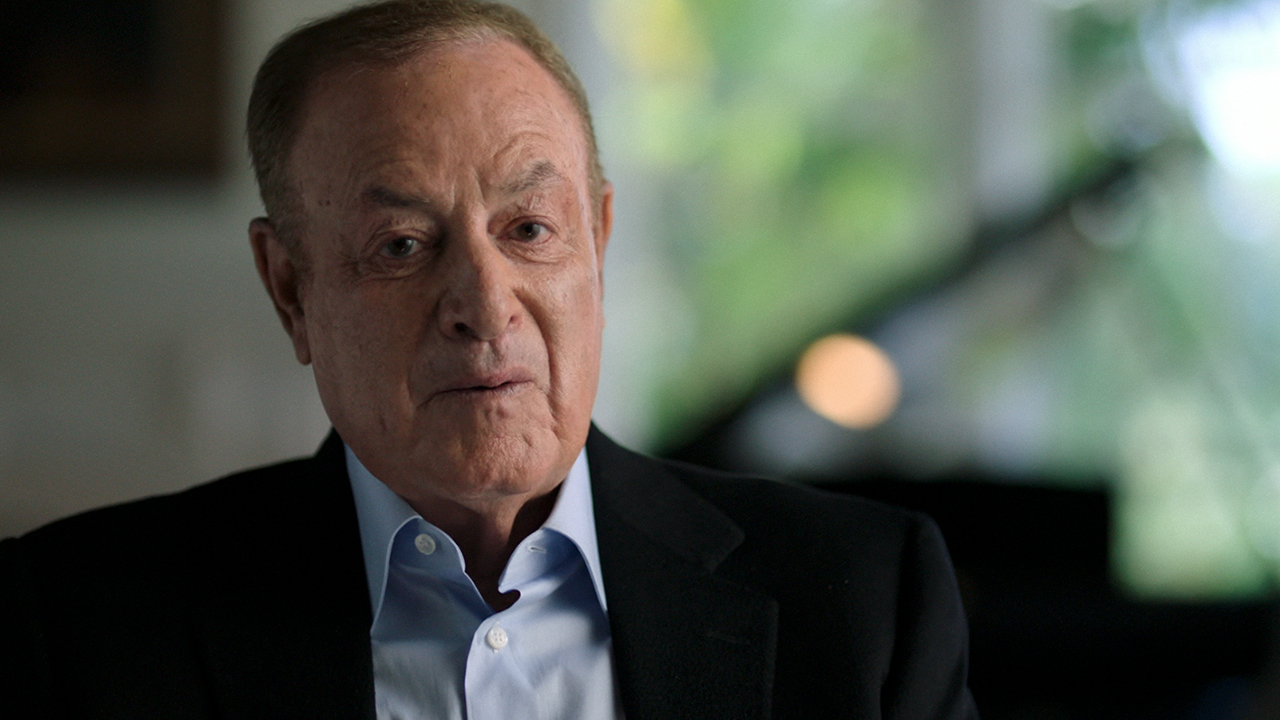Why This Writer Hates Strong Female Characters, And You Should Too

Your Daily Blend of Entertainment News
You are now subscribed
Your newsletter sign-up was successful
When I interviewed Rooney Mara earlier this week for her new film Ain't Them Bodies Saints, I tried to delicately introduce an idea I had been rolling over in my head for a while now. The notion of a "strong female character" is something that every actress aspires to play, and something we've seen many celebrated examples of in the last few years-- including Mara's own Lisbeth Salander in The Girl With the Dragon Tattoo, a young woman who attacks her rapist, is extremely self-sufficient and eventually saves the life of our hero, played by James Bond himself, Daniel Craig. In Ain't Them Bodies Saints she plays a very different kind of tough woman, a former outlaw who becomes a single mother when her lover (played by Casey Affleck) is sent to prison.
But those are just the roles that Mara has actually played, and it seemed obvious to me that, since breaking out with Dragon Tattoo, the actress has been offered endless variations on the Lisbeth character-- women who may seem fragile but who are secretly tough. Mara wouldn't get into specifics but she confirmed as much, and reiterated the common complaint that roles for women in films remain frustratingly flat (our full conversation will be online in a few days). And that's coming from an Oscar nominee, and one famous for playing one of the toughest female characters in film from the last decade.
It's hard for Mara to complain too publicly about those limited options, but what she said confirmed a suspicion I've had for a while, that the prevalence of physically strong and brainy women in action films-- think Black Widow in The Avengers, Neytiri in Avatar, Fiona in the Shrek movies-- has narrowed the window for any other type of female role. And now this article in New Statesman has put a point on it better than I ever could have. Titled "I Hate Strong Female Characters," the piece by Sophia McDougall points out the patronizing premise of the Strong Female Character, or SFC-- "Of course, normalwomen are weak and boring and can’t do anything worthwhile. But this one is different. She is strong!"-- and goes on to wonder what would happen if you tried to define most popular male characters within the parameters of the SFC type:
Is Sherlock Holmes strong? It’s not just that the answer is “of course”, it’s that it’s the wrong question.What happens when one tries to fit other iconic male heroes into an imaginary “Strong Male Character” box? A few fit reasonably well, but many look cramped and bewildered in there. They’re not used to this kind of confinement, poor things. They’re used to being interesting across more than one axis and in more than two dimensions.
It only gets smarter from there. Pointing out that there are strong female characters in recent films who are also completely interesting in their own right-- she cites Hayley Atwell as Peggy Carter in Captain America, and I would stick up for Lisbeth Salander-- and acknowledging that the presence of the SFC recognizes sexism in culture, McDougall asks why movies don't do more to combat the sexism by actually including more female characters. It's not just that female characters need to be strong, or more interesting-- they need to not be their only representative within the world of the story, looking strong and tough because they're acting as proxies for women everywhere. Even The Avengers doesn't particularly pass this test. Black Widow is tough and funny and sympathetic, but still completely sidelined from most of the narrative, and the only other significant woman in the story-- Cobie Smulders' Maria Hill-- is a SFC type with no more depth at all. They are good examples of tough women, but Maria Hill especially is not a real person. As McDougall puts it:
What do I want instead of a Strong Female Character? I want a male:female character ratio of 1:1 instead of 3:1 on our screens. I want a wealth of complex female protagonists who can be either strong or weak or both or neither, because they are more than strength or weakness. Badass gunslingers and martial artists sure, but also interesting women who are shy and quiet and do, sometimes, put up with others’ shit because in real life there’s often no practical alternative. And besides heroines, I want to see women in as many and varied secondary and character roles as men: female sidekicks, mentors, comic relief, rivals, villains. I want not to be asked, when I try to sell a book about two girls, two boys and a genderless robot, if we couldn’t change one of those girls to a boy.
Please, please, jump into the comments and provide examples of female characters in film, or television, or video games, who get outside this SFC box-- there are lots of them. But first, read the entire piece at the New Statesman. Then, stop for a second while you're thinking about them and wonder, "Is there anything that defines this woman other than physical or mental strength in relation to the men around her? Could I describe her in nearly as much detail as I could the men in the film?" Female characters, and directors and writers and everyone else, have made major strides in the media in the last few decades. But we still have a long way to go. And McDougall's piece explained why in a clearer, fairer way than I've seen anywhere else.
Your Daily Blend of Entertainment News
Staff Writer at CinemaBlend

